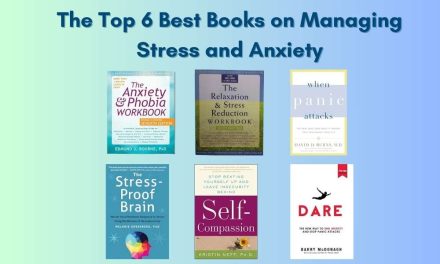Feeling Overwhelmed at Work? Let’s Fix That!
If you’re like most people, work can feel like a never-ending cycle of stress, deadlines, and emails. It’s easy to feel overwhelmed when the demands are high and the hours feel long. But here’s the thing: you don’t have to live in a constant state of stress. In fact, there are many ways you can take control, reduce stress, and find balance. So, let’s take a deep breath together and talk about some practical, actionable steps you can start implementing today to reduce stress at work.

1. Take Mini Breaks (Yes, You Deserve Them!)
I know, it might seem counterintuitive. You might think that if you just power through the day, you’ll get more done, right? But here’s the thing: your brain needs rest, just like your body. When you push yourself too hard, your focus starts to slip, and stress levels climb. Taking regular breaks can actually boost productivity, reduce fatigue, and improve mental clarity.
One great technique is the Pomodoro Technique: work for 25 minutes, then take a 5-minute break. After four “Pomodoros,” take a longer 15–30-minute break. These short breaks allow your brain to recharge and reduce the buildup of stress. During your breaks, step away from your desk, stretch, get some fresh air, or do a quick relaxation exercise. You’ll find that you’re able to focus better and stay calmer throughout the day.
2. Declutter Your Workspace
Is your desk a cluttered mess of papers, coffee cups, and post-it notes? A disorganized workspace can contribute to mental clutter, leaving you feeling overwhelmed and stressed. Studies show that physical clutter is directly linked to increased levels of anxiety.
Spend 10–15 minutes at the start of your day or the end of your week organizing your workspace. Put away unnecessary papers, tidy up your desk, and organize files digitally. Creating a clean and clear workspace can create a mental shift, helping you focus better and feel more in control of your environment. You might even add a personal touch to your desk—something calming like a plant, a photo, or a motivational quote.
3. Learn to Say “No”
We’ve all been there—someone asks for help, and we say yes even though we’re already overwhelmed. We think, “I can handle it” or “I don’t want to disappoint anyone.” But overcommitting ourselves is a fast track to burnout. Learning to say “no” is one of the most powerful tools you can use to reduce stress.
It’s important to recognize your limits. When your plate is full, politely but firmly decline additional tasks that could jeopardize your well-being. Here’s a tip: instead of simply saying “no,” you can offer an alternative—“I can’t help with this right now, but maybe we can revisit it next week.” Saying “no” helps protect your time and energy so you can give your best to the tasks you’ve already committed to.
4. Prioritize Like a Pro
When everything feels urgent and important, it’s easy to get overwhelmed. The key to reducing work-related stress is prioritizing your tasks. Start each day by making a list of the things you need to accomplish. Identify the three most important tasks (MITs), and focus on completing those first. When you tackle the most pressing tasks early, you’ll feel a sense of accomplishment, which reduces stress.
It’s also helpful to break larger projects into smaller, manageable steps. That way, you don’t feel overwhelmed by a massive to-do list. Instead, you can focus on one step at a time. And when you check off each task, you’ll feel more in control and less stressed.
5. Talk About It
Sometimes, stress builds up because we keep everything inside. Talking about your stress can be a great way to release tension. Don’t be afraid to open up to a trusted coworker, friend, or supervisor. Sharing your challenges can help you gain perspective and even come up with solutions.
In many workplaces, open communication is encouraged. If you’re feeling overburdened with your workload, have an honest conversation with your manager. It’s possible that adjustments can be made or that your boss doesn’t realize how much you have on your plate.
Additionally, seeking support from family, friends, or a therapist can help reduce anxiety and provide emotional relief. Sometimes, just talking things out can make all the difference.

6. Practice Deep Breathing (It’s Simple, But Powerful!)
When we’re stressed, our breathing tends to become shallow and rapid, which can heighten feelings of anxiety. Taking a moment to slow down your breath activates the body’s parasympathetic nervous system, which promotes relaxation.
One effective technique is the 4-7-8 method: breathe in for 4 seconds, hold for 7 seconds, and then exhale slowly for 8 seconds. Try this exercise a few times, and you’ll feel a sense of calm wash over you. You can do this at your desk, during meetings, or in any situation where stress is creeping in.
Another deep-breathing exercise is to inhale for a count of 4, hold for a count of 4, and exhale for a count of 4. It’s a simple but highly effective way to regain composure during stressful moments.
7. Set Realistic Expectations
It’s easy to add unnecessary stress when you set expectations that are too high or unrealistic. It’s important to understand that perfectionism isn’t sustainable, and it’s okay to do your best without aiming for flawlessness.
Communicate with your team or manager to set clear, achievable goals that are in line with the time and resources available. And don’t be afraid to adjust deadlines if necessary. Remember, quality work is more important than overwhelming yourself trying to meet every expectation.
8. Stay Hydrated and Eat Well
When stress is high, it’s easy to neglect your basic needs. But keeping your body nourished is essential for keeping your mind calm. Make sure to drink enough water throughout the day and avoid excessive amounts of caffeine, which can make anxiety worse. Try carrying a water bottle with you to stay hydrated and sip throughout the day.
Your diet also plays a role in your stress levels. Foods high in sugar and processed carbs can contribute to mood swings and anxiety. On the other hand, foods rich in Omega-3 fatty acids, antioxidants, and B vitamins have been shown to support brain health and improve mood. Incorporate more fish, nuts, leafy greens, and whole grains into your diet to keep stress levels in check.
9. Develop Healthy Boundaries
With the rise of remote work and digital communication, it’s easy for work to spill over into your personal life. Setting clear boundaries is crucial for maintaining a healthy work-life balance.
Let your colleagues know when you’re available and when you’re off the clock. If you’re working from home, designate a specific area for work and separate it from spaces where you relax. This physical boundary will help your mind distinguish between “work mode” and “downtime.”
10. Seek Professional Help if Needed
If you’re feeling persistently stressed and nothing seems to help, it may be time to reach out for professional support. Therapy or counseling can help you explore the root causes of your stress and develop coping strategies tailored to your specific situation.
Many workplaces offer Employee Assistance Programs (EAPs), which provide confidential counseling services at no cost. If you’re struggling with severe anxiety or burnout, seeking therapy can be a transformative step toward regaining control and improving your overall mental health.
read more: Differences Between Acute and Chronic Stress
Conclusion
Reducing work-related stress doesn’t happen overnight, but by implementing these practical tips, you can take control of your well-being and feel more in charge of your day. Remember, it’s okay to take breaks, ask for help, and prioritize your mental health. No matter how overwhelming things seem, you are capable of managing stress and staying productive. Start small, and over time, you’ll see big changes. So, which of these tips are you going to try first? Let me know how they work for you!
We might recomend helpful products and if you buy through our links ,we may earn a commssion.






